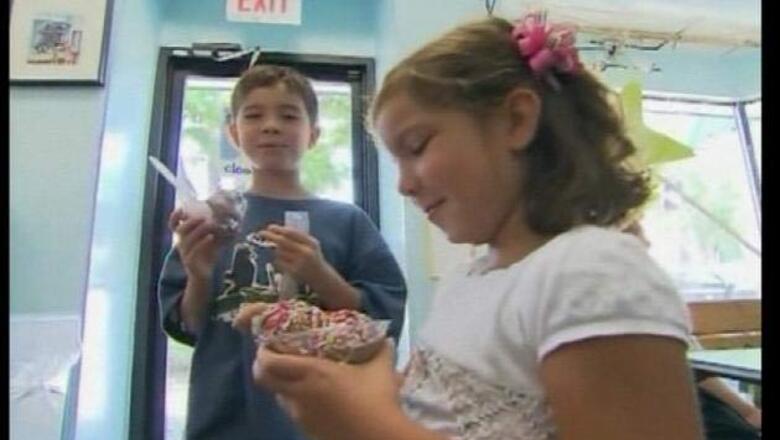
views
London: It came with wobbly writing and hand-drawn diagrams, but an elementary school science project has made it into a peer-reviewed journal from Britain's prestigious Royal Society.
Biology Letters published a report on Wednesday conducted and written by a group of 8- to 10-year-olds from an English elementary school investigating the way bumblebees see colors and patterns.
The scientific organization - which is more than three centuries old and includes some of the world's most eminent scientists - said the children reported findings that were a "genuine advance" in the field of insect color and pattern vision.
Working with a neuroscientist from University College London, the children carefully documented their methodology and discussed the data they collected.
The group trained bees to go to targets of different colors by giving them a sugar reward, and reported that the insects are able to learn and remember cues based on color and pattern.
The study successfully went through peer review - although its presentation was slightly unconventional.
"Scientists do experiments on monkeys, because they are similar to man, but bees could actually be close to man too," the introduction read. The report was peppered with other amusing phrasing and diagrams drawn in colored pencil.
Scientists who commented on the kids' report in the journal say although the experiments were modest and lacked statistical analyses, they were cleverly and correctly designed and hold their own compared to those conducted by highly trained specialists.
"The experimenters have asked a scientific question and answered it well," neuroscientists Laurence Maloney and Natalie Hempel wrote in commentary alongside the children's report.
Beau Lotto, the scientist who coordinated the study, said she hoped the project could inspire people to approach science in a way that's creative and fun.
"We like bees. Science is cool and fun because you get to do stuff that no one has ever done before," the children concluded.
















Comments
0 comment